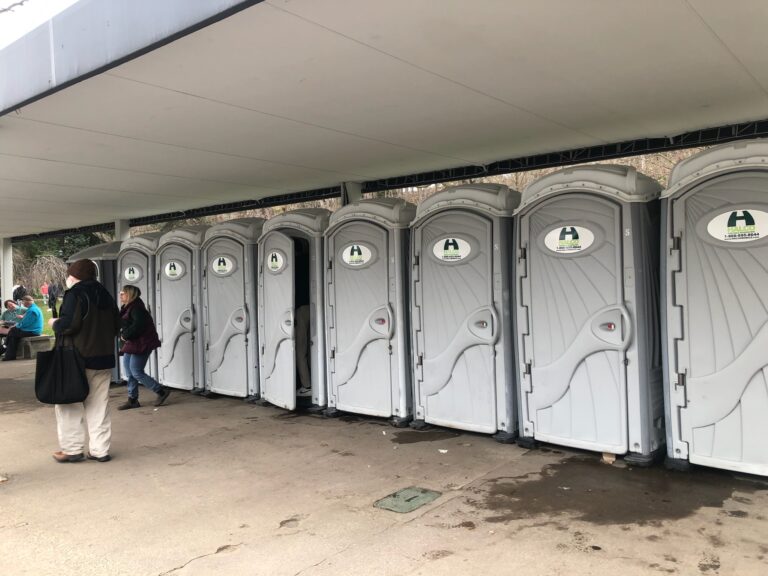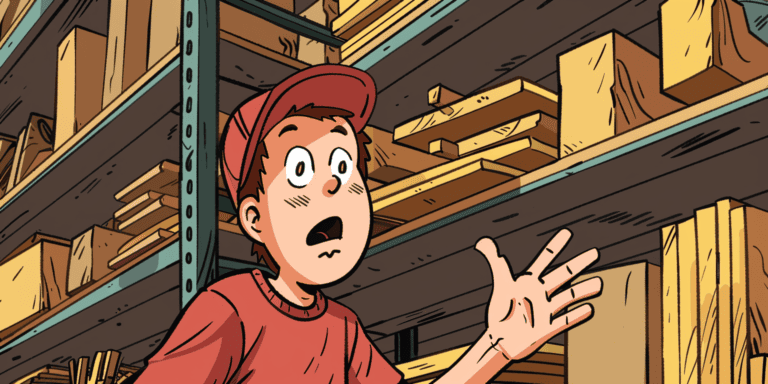Niagara-on-the-Lake is on the precipice of what could be massive changes – likely unwelcome changes – to its agricultural industry, with little control over preventing them.
Picture a local greenhouse owner/operator, maybe getting on in years, with greenhouses that have seen better days, who is thinking about a hard-earned retirement and uncertain about whether he can afford the cruise he and his wife have always dreamed about. Or a farmer who has worked hard all his life, is ready to ease off and enjoy a more relaxed life, and has some land available that could help finance his plans. Either are obvious choices for being approached by a potential marijuana grower looking for a location, willing to offer ridiculous amounts of money because of the potential for profit. In fact, those local growers may be picking up the phone and offering their land – why wouldn't they?
If NOTL is seen as hospitable to the marijuana industry, and it likely is with all the media attention to what is being called the largest legal commercial medical marijuana facility in the world right here in town, we can understand why the Town planning department and councillors are on the receiving end of enquiries about NOTL land use policies.
At the moment there are some restrictions, but very lenient ones. There isn't much the Town can do in the face of federal legislation that legalizes the crop – it can be grown in greenhouses, in industrial warehouses, outdoors and in limited quantities in homes and backyards. All the Town can do in the way of legislation is determine where such facilities are located, by dictating how far they have to be from “sensitive” land uses, which can include homes, schools, churches, day cares, and playgrounds. While municipalities are helpless in the face of strong skunk odours from the crop disturbing neighbours, they can ensure future operations are far enough away that those odours are less likely to be a problem.
Increased setbacks can eliminate some greenhouses and farms as potential medical production sites in rural communities with residential neighbourhoods, such as Larkin Road, where residents have organized to combat some of the issues they foresee, which is what the Town is focusing on now with its draft bylaw. But as several residents have said, those setbacks should be as restrictive as possible, since that may be the only control in local hands.
The real money, we're told, is in the largest commercial operations that can grow several crops a year. They can be located in industrial-area warehouses – one of Canopy Growth's facilities is in a former Hershey chocolate factory in Smiths Falls, Ont., that was vacant, which seems like a good solution to repurposing factories are shut down and otherwise face demolition. We might not have those in NOTL, but we do have vacant industrial property. That would take the pressure off greenhouse and farm properties – although it doesn't help those greenhouse operators and farmers who are ready to retire.
Twenty-five or more years ago, the Town introduced bylaws controlling wineries – they had to be located on agricultural properties that were 25 acres or more, and those acres not taken up by the winery building had to be planted with grapes. The concept behind the bylaw was that while wineries would provide a welcome boost for grape growers and the agricultural industry, they shouldn't be allowed to take too much farmland out of production.
It seems similar to the situation faced today with marijuana production, with the added pressure we're learning about – the odours that mean such operations don't make for good neighbours.
We've seen the Town deal with resident complaints about odour from chicken farms, the noise from bird bangers, the health risks of spraying, and even the noise from winery events, as was discussed at the same committee meeting Monday night as the setbacks for marijuana operations, so this situation has some familiarity to it – but in the past it has always been in a reactive sense, since the farmers were here first.
This is an opportunity for the Town to be pro-active, putting into place any and all controls within the jurisdiction of the municipality. It won't, and shouldn't, stop all marijuana facilities from finding appropriate sites, but it might help prevent NOTL from becoming, as one of the speakers at Monday's meeting warned it might, a pot producer's paradise.









